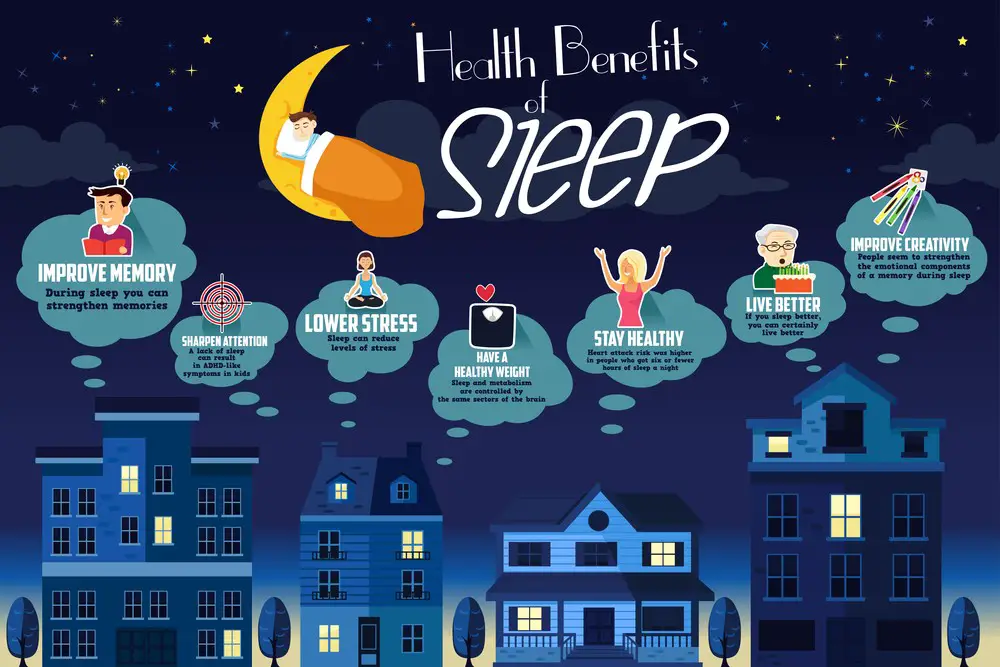As a BetterHelp affiliate, we receive compensation from BetterHelp if you purchase products or services through the links provided
The connection between sleep quality and mental health has become increasingly apparent in recent years. As stress, anxiety, and depression rates continue to climb—particularly among students—researchers and educators alike emphasize the crucial role that healthy sleep routines play in mental wellness. Schools and educators are uniquely positioned to help students develop habits that can significantly improve their sleep quality and overall mental health.
The Importance of Sleep for Mental Health

Sleep is essential for maintaining emotional balance and cognitive function. During sleep, the brain processes experiences, consolidates learning, and regulates emotions. Lack of adequate sleep can lead to mood disorders, anxiety, reduced concentration, impaired cognitive functions, and even long-term depression or anxiety disorders. According to a recent study from the Sleep Foundation, teenagers who regularly achieve sufficient sleep (8-10 hours per night) report lower levels of stress, anxiety, and depression compared to their sleep-deprived peers.
Why Students Struggle with Sleep
Students today face numerous barriers to getting quality sleep, including demanding school schedules, heavy homework loads, extracurricular activities, and increased exposure to screen time. Digital distractions like smartphones and social media further exacerbate the problem by disrupting the body’s natural sleep cycle. Many students also lack clear guidance on effective sleep habits, resulting in poor sleep hygiene that negatively impacts mental health.
Strategies Schools Can Implement
Educational institutions have a significant opportunity to help students develop better sleep practices, enhancing their mental wellness. Some effective strategies include:
- Incorporating Sleep Education into the Curriculum: Educating students about the science behind sleep and its importance to mental health can encourage them to prioritize rest. Lessons can explore topics such as circadian rhythms, the impact of screen time on sleep, and practical techniques to establish healthier routines.
- Mindfulness and Relaxation Practices: Integrating mindfulness and relaxation techniques into classroom routines can help students manage stress and anxiety, which both significantly affect sleep quality.
- Adjusting School Start Times: Research consistently demonstrates that later school start times align better with teenage sleep patterns, contributing to improved sleep quality, mental health, and academic performance.
Resources and Tools for Educators
Educators need reliable resources and structured activities to address student sleep issues effectively. Websites such as Teachers Instruction offer educators helpful worksheets, activities, and lesson plans to promote mental wellness and healthy sleep habits. Additionally, platforms like Sleep Foundation provide comprehensive educational materials, including detailed articles, guidelines, and evidence-based tips that educators can use to teach students about sleep hygiene effectively.
Another helpful resource is Calm Classroom, which specializes in integrating mindfulness and relaxation techniques into the classroom. Their curriculum guides and professional development programs help educators incorporate brief yet effective mindfulness activities that contribute to improved sleep quality and mental health.
Mindfulness and Relaxation Techniques

Teaching students mindfulness and relaxation techniques can significantly improve sleep quality and mental health. Mindfulness practices such as guided breathing exercises, meditation, and gentle stretching help reduce stress and anxiety—key factors contributing to sleep disturbances. Schools that incorporate brief mindfulness exercises into daily routines see measurable improvements in student emotional regulation, attention, and overall sleep quality.
Creating a Supportive School Environment
A supportive and understanding school environment is vital for promoting better sleep habits and mental wellness. Schools can create policies to limit homework loads, provide quiet spaces for rest or meditation, and openly address mental health and sleep issues. Encouraging open dialogue about these topics can help reduce stigma and encourage students to seek help when struggling.
Looking Ahead: Prioritizing Sleep for Mental Wellness
As awareness of the connection between sleep and mental health grows, educational institutions are increasingly recognizing their role in guiding students toward healthier habits. By actively promoting good sleep hygiene, incorporating mindfulness education, and providing the necessary resources, schools can play a significant role in shaping a generation that values and understands the importance of sleep for overall mental well-being.
- Breaking the Silence: Why Men’s Mental Health Matters More Than Ever - April 15, 2025
- How to Transform a Home’s Patio Space into a Relaxing Space - March 23, 2025
- 5 Strategies to Use a Cell Phone to Help Manage Your Stress - March 23, 2025
This site contains affiliate links to products. We will receive a commission for purchases made through these links.



